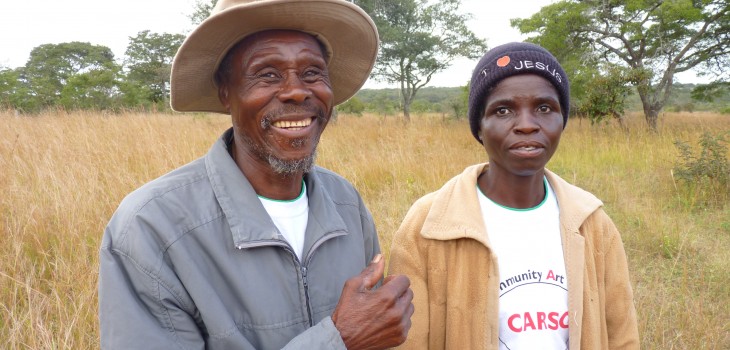by Sophie Witter and Haja Wurie
The Ebola epidemic is taking a terrible toll on communities in West Africa. In Sierra Leone alone, as of the 2nd of November 2014, 1070 people have died since the outbreak started in May. CDC projections suggest that by January 2015, if nothing is…


















